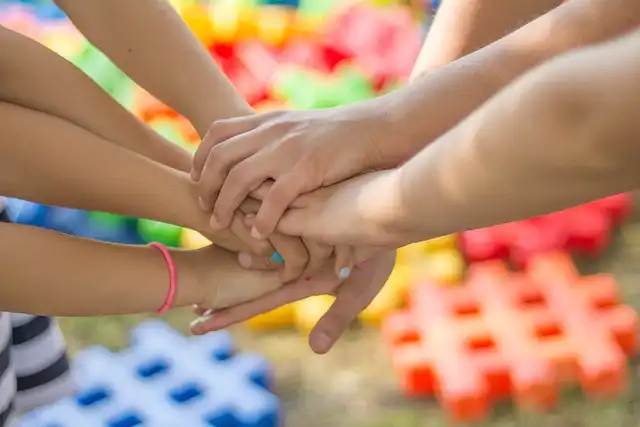
First Nations Women & Family Law: Safety and Access
Research shows First Nations women face barriers in family law, especially with family violence. Systemic issues and fear of child removal hinder access. Need support and fair treatment.

Research shows First Nations women face barriers in family law, especially with family violence. Systemic issues and fear of child removal hinder access. Need support and fair treatment.

The kind of knowledge that never makes it to medical journals the phases of the moon and their impact on childbirth, the way a Samburu woman’s body moves differently after she has carried water for years, the herbal remedies for fever that the colonizers never bothered to write down.
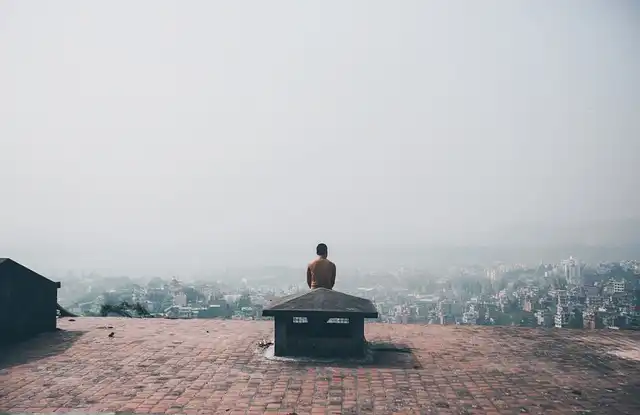
In Nepal, substantial obstacles remain in attaining genuine gender equality, as existing frameworks frequently overlook the varied experiences and the unequal social, economic, cultural, and political status of women, especially those from marginalized groups such as Indigenous Peoples.

This won’t change much until the west African nation addresses certain stumbling blocks, notably Ghana’s single member district or “first past the post” electoral system and its lack of a gender quota for parliament.
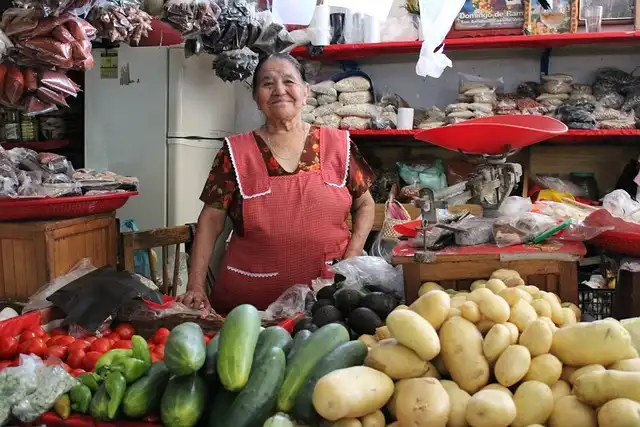
It is colonialism, coupled with widespread poverty, racial discrimination, and gender inequality, that has created the conditions for increased violence against Indigenous women.
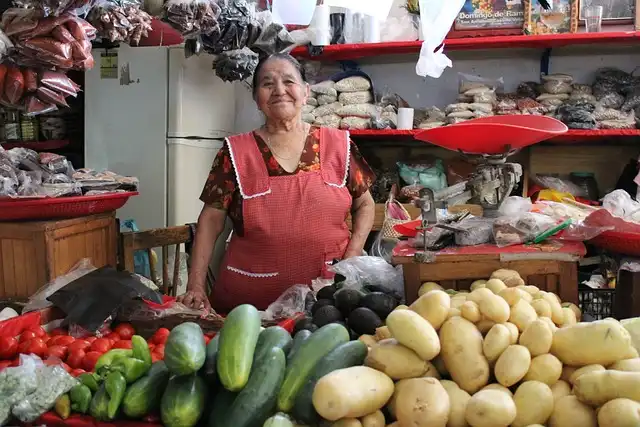
Regarding Free, Prior and Informed Consent, the Committee recommended guaranteeing this right so that there is an equitable distribution of benefits and meaningful participation in decision-making about the use of natural resources and lands traditionally used by Indigenous women.
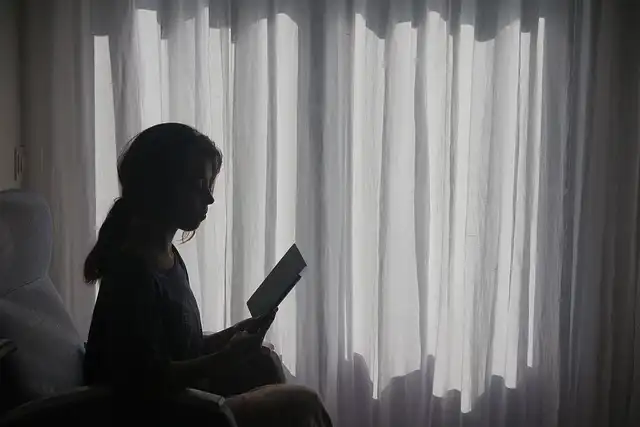
Structural violence, which refers to the political, economical, religious, or cultural conditions that prevent individuals and societies from reaching their full potential, is a major contributing factor to the crisis of Missing and Murdered Indigenous Girls, Women, and Two-Spirits.

This group is composed of women who have worked on agroecology, backyard gardens, native seeds, medicinal plants, transformation of local products, and the strengthening of the Ayöök language as well as demanding a life free of violence.